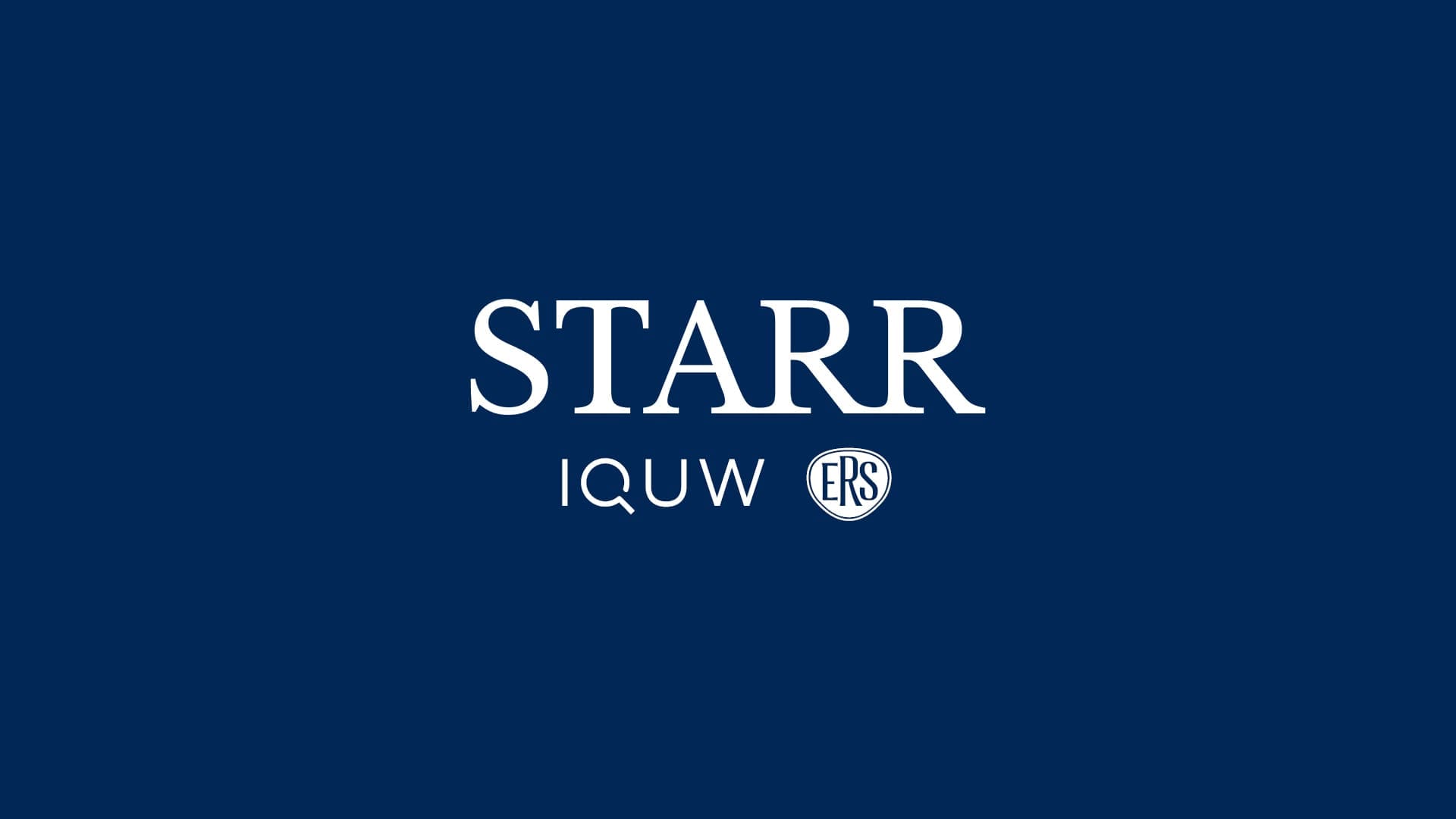While Cyber insurance only being a relatively new class of business within the insurance market it has grown and changed substantially within its short existence.
Here Lead Cyber Underwriter Andrew Lewis talks about his happy accident of a career in underwriting along with the challenges and opportunities faced in the constantly evolving Cyber insurance market.
How did you first arrive in the insurance industry?
I left school at 18 and had a university place to study sports psychology. I took a year out and applied for jobs in the insurance industry both in underwriting and broking. I knew about the industry as I had family in loss adjusting and in claims for a Lloyd’s market.
I started my career as an underwriting assistant with AIG’s Errors & Omissions (E&O) team. My original intention was to do the job for a year and go to university, but I enjoyed working in the industry and could see a career path that meant learning on the job rather than going to university, which appealed to me.
I’ve had 17 years’ of experience in insurance, initially starting at the bottom as assistant underwriter before quickly being given the opportunity in underwriting specialising in Tech E&O and part of the team that launched AIGs cyber offering in the UK market. I then moved to QBE, then Hiscox before joining IQUW in 2022. As an underwriter, I enjoy making decisions, building portfolios, working with clients and the dynamic between claims, underwriting, exposure management and pricing.
Tell us about the IQUW Cyber team
I don’t see the Cyber team as just being about underwriting. At IQUW we have a focus on and work closely with pricing, claims, and exposure management. For Cyber to work effectively, you need expertise across those four areas, where we have a wide range of experience and great collaboration. Over the last two and a half years we’ve built a very strong team and will continue to build on this, honing in on areas such as data analytics.
Can you tell us about the Cyber book?
We’ve grown the book considerably since I joined in 2022. We write business across the US, UK, Europe, Australia, New Zealand, Canada, the Middle East and Latin America. Encompassing a broad range of industries including financial services, manufacturing, retail, professional services, as well as healthcare, transport logistics and utilities. Having a diverse portfolio is central to our strategy, as well as line size management to manage volatility. We specialise in businesses of $750 million and above, but also have a growing Small to Medium Enterprise (SME) footprint.
What differentiates IQUW’s approach to Cyber?
Many insurers within Cyber invest heavily in third-party scanning technology, however given the nature of our portfolio we have concentrated our investment on claims data to feed into our view of risk and pricing models. This process allows us to understand the claims environment – the frequency and severity of claims in different territories – and to have a clear view of the profitability in various industries. We have also started sharing this data with clients to allow them to understand frequency of claim in their industry and territory, giving them a better understanding of the risks they face.
As a team and as an insurer, we are nimble and focus on providing best in class service which we believe helps us set us apart from our competition.
What is key trend is dominating the cyber market in 2024?
A key trend dominating the cyber market in 2024 is the volatility and the intense competition among insurers. What we are seeing in the market at the moment is a concentration on growth with many insurers changing their appetites dramatically within short periods of time. I have concerns that there is a spotlight on growth within the market that we lose sight of the long-term sustainability of what we have.
The volatility in pricing, with extreme fluctuations in rates, is unsustainable and we feel clients will not tolerate significant price changes indefinitely and may start questioning insurer approaches.
To ensure the long-term viability of the cyber insurance market, there needs to be a greater emphasis on stability, especially given the increasing length of the claims tail within the class. Many insurers are seeing claims movements as far back as 2018 and 2019. Without this shift in focus, the market risks losing credibility and potentially client trust for what is an extremely valuable product and shouldn’t be underestimated.
What attracted you to IQUW?
I wanted the chance to come into the business at the start, to build a portfolio, a team, be part of setting up a syndicate’s ethos and core values. There were a lot of people in the company that I respected. I knew they had a clear vision for the business and that we had similar ideas. It has been exciting being part of it. The timing was also right as the Cyber market was crying out for more capacity. We wanted to build a Cyber book with managed line size to create a long-term sustainable and stable portfolio.







